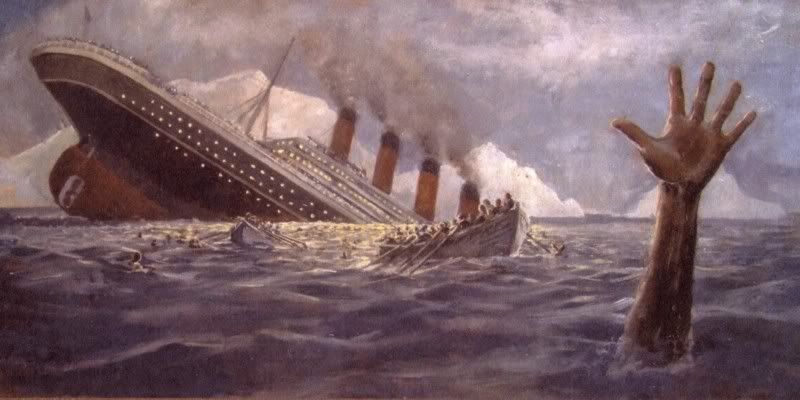Let us briefly rewind to the basics. To be properly free, at least by my definition, men stand centrally within the circle of their rightful prerogatives to act as they please with the one exception that they bring no harm to others, including thwarting their exercise of even rights. That leaves the avenue of possibilities broadly expansive and the restrictions vanishingly narrow. By living in accord with this, the realized potential for freedom and prosperity are optimized to their greatest degree for everyone because opportunity is not being actively diminished by one man against his fellows.
But as we all know, people are not perfect and are not always angels. Even in the best circumstances one man's understanding of what is permissible may stand in stark contrast to that of another's. When those differing understandings clash, how is the dispute to be resolved? And when one man's ethics fall prey to his temptations such that he knowingly violates his brother pursuant to sating his desire to have that to which he is not rightfully entitled, we have yet another flavor of conflicting interests.
When such conflicts arise, how shall they be resolved in a "truly free" society? If rules, however few and well designed they may be, are to have any meaning, then they must be backed with the promise of force against those who refuse or otherwise fail to toe their line. Without it, where is the incentive for "bad" people to behave themselves in accord with those rules? Indeed, without the specter of force behind them, rules become naught but mere suggestions to be respected or ignored as one pleases at any given moment.
If we are not to run amok in chaos with the strong consuming the weak or what have you, which for practical reasons tends to be a very undesirable outcome, then we must have a tiny handful of rules by which we GOVERN OURSELVES. Failing to govern the self within the generous metes of properly contrived rules, we bring the governance of our fellows upon ourselves in compensation. Without this, there is no reason that anyone should
of necessity control themselves. I would assert that most people would likely do so just because they are of such an amiable nature as not to wish any conflicts between themselves and their neighbors. But there are always that small minority who refuse to respect the rights of their fellows and act accordingly as they run roughshod hither thither. For such people must corrective measures be taken, either sooner or later, because so far as I can see, such people when left unchecked only become more stridently disrespectful of others.
We could have the law of the jungle, so to speak, where a given offense of one man against another might meet with widely varying consequences depending upon whom the offense is made, and perhaps even depending upon a given man's mood at any given time. Monday morning might see Johnny smack Jimmy for stealing a stick of his gum and Monday afternoon might bring gunshots. Perhaps some rules for dealing with such things would be a good idea? Assuming so for argument's sake, the question then arises regarding who will apply these rules. As far as I am concerned, it could be the aggrieved party so long as application is done knowledgeably and with proper fairness. Makes me no mind at all. Or, we could have courts or tribunals or give it to the minister or a computer sufficient to the task. The salient point is that the rules exist such that we can all become aware of them. They can be called anything you like - anti-trust laws, tort laws, criminal laws, "boojum"... the label matters not, so long as you are consistent with it.






 Reply With Quote
Reply With Quote
 [sorry, for some reason neither the jpg or png file will show, despite sourcing from Flickr. Any ideas??]
[sorry, for some reason neither the jpg or png file will show, despite sourcing from Flickr. Any ideas??]





Connect With Us